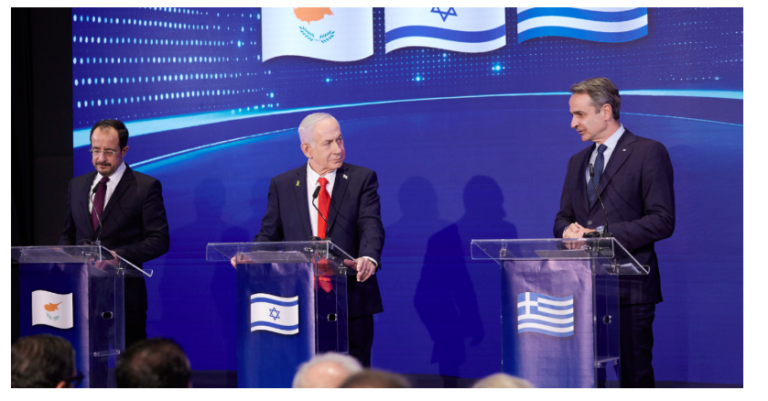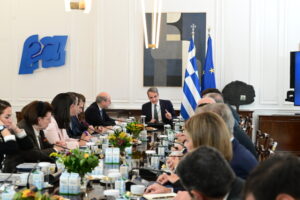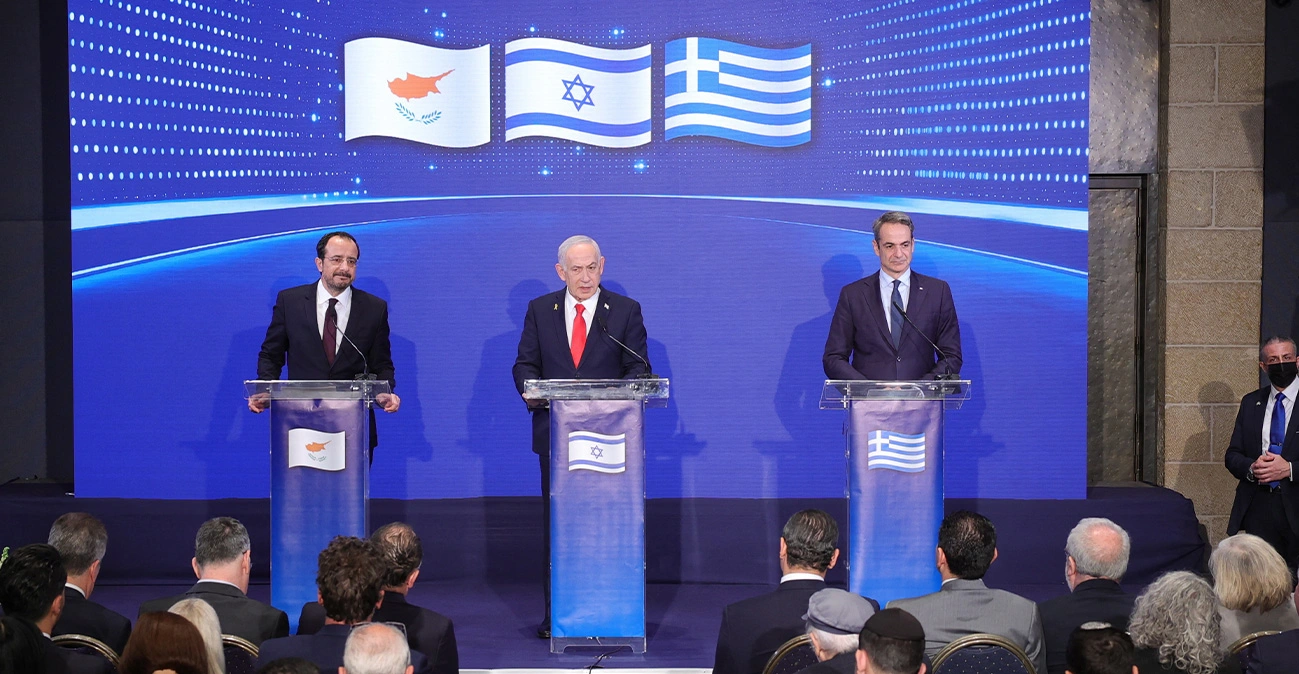Political attention is focused on the Parliament in the coming days, two years after the Tempi train accident.
The PASOK proposal for the establishment of a parliamentary pre-investigation committee for possible offenses by the then Deputy Minister to the Prime Minister Christos Triantopoulos is currently under discussion.
The rapporteur for New Democracy is Lakis Vassiliadis, for PASOK Milena Apostolaki and for SYRIZA Vassilis Kokkalis.
The government is expected to speak by Makis Voridis, Giorgos Floridis and Thanos Plevris.
The discussion on the establishment of a “pre-investigation” committee is being conducted through the process of generalized questioning, and is taking place in three rounds of speakers. The first round of “priority speakers” will be preceded by a member of parliament from the party that submitted the proposal, namely PASOK, and will be followed by members of parliament in proportion to the strength of the parties.
The chairmen of the Parliamentary Groups, ministers, and the parliamentary representatives of the parties are expected to participate in the discussion.
According to the Rules of Procedure of the Parliament, the person against whom the proposal is directed (ed. the then Deputy Minister to the Prime Minister, Chrys. Triantopoulos) is allowed to appear before the body in order to hear his views, otherwise, he has the right to submit a written memorandum.
After the conclusion of the discussion, which is expected to last 10 to 12 hours, the plenary session of the Parliament will decide by secret vote on the formation or not of the Special Parliamentary Committee to conduct a Preliminary Examination. The relevant decision is taken by an absolute majority of the total number of MPs, otherwise the proposal is rejected.
Tomorrow, Wednesday, March 5, the pre-order debate at the level of leaders, requested by the KKE and SYRIZA-PS, will be held, “on the subject of the Tempi crime”.
On the same day, as announced by the leader of the main opposition, Nikos Androulakis, PASOK will submit a motion of no confidence against the government, also on the occasion of the recently published findings of EODASAAM. Mr. Androulakis had called on “all parties of the democratic opposition to support” his initiative, as 50 signatures are needed to submit a motion of no confidence, while PASOK has 32 MPs.
According to the Constitution (Article 86), in order to establish a parliamentary committee to conduct a preliminary examination (pre-investigation), a decision of the plenary session of the House is required, which is taken by an absolute majority of the total number of deputies; otherwise, the proposal is rejected as manifestly unfounded. Once this committee is established, its findings are submitted to the plenary session of the House, which decides whether or not to prosecute. The relevant decision is taken by an absolute majority of the total number of deputies.
For the motion of no confidence, the Constitution (Article 84) provides that the debate begins two days after its submission, unless the government requests that it begin immediately, while (the debate) cannot be extended beyond three days from its beginning. The vote on the motion of no confidence is held immediately after the debate ends, but it can be postponed for forty-eight hours, if the government so requests. A motion of no confidence is accepted only if approved by an absolute majority of the total number of deputies.
The 16-month-old proposals for the establishment of a preliminary investigation for “717”
16 months ago, two proposals for the establishment of a preliminary investigation committee were submitted to the Parliament, and discussed (24/22/2023) jointly in the plenary session of the body, regarding the case of the execution of the contract “717” for the “Replacement and Upgrade of the Signaling-Remote Control System and Replacement of 70 Track Changes in Localized Sections of the Athens-Thessaloniki-Promachonas Axis (A.D.717/2014)” submitted by PASOK (against former ministers Chr. Spirtzis and K. Karamanlis), and SYRIZA (against former ministers K. Karamanlis, K. Hatzidakis, M. Chrysochoidis, and Chr. Spirtzis). These two proposals were rejected by the plenary session of the Parliament.
Ask me anything
Explore related questions





